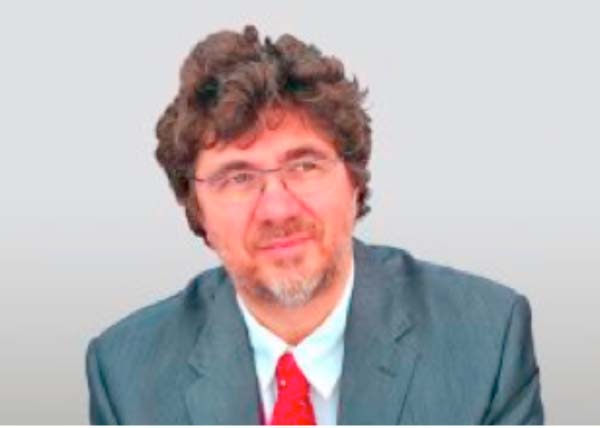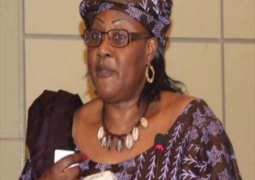
The
Medical Research Council (MRC) Unit-The Gambia Wednesday held its second annual
festival at their main office conference room in Fajara.
The
festival brought stakeholders and community to interact with MRC staff and
share their success and experiences on what MRC has been doing in The Gambia.
As
MRC Unit The Gambia celebrates its 70th anniversary this year, their interactive
festival was a great opportunity to explore the unit large research on
portfolio, learn more about research priorities and ask questions about the
work they do.
The
festival was in the form of an open day to increase awareness and understanding
of the global benefits of medical research.
According
to MRC Director, Prof. Umberto Alessandro, the event was an excellent
opportunity to showcase the achievements of their young scientists and offer
the opportunity to transfer knowledge.
It
engages the staff and the local community on a wider understanding of MRCG
strategic objectives, which was to save lives and improve health across the
world.
It has also build trust in medical research by
sharing research findings and interventions with the local and the
international scientific community.
The
festival was a fantastic opportunity to show their research and the potential
impact of its results on everybody’s life.
Last
year’s festival was a resounding success, he said, adding that this year they
were able to stimulate the same level of interest and promoting dialogue with
the public about Medical Research Council mission.
For
his part,the head of research training and career development, Dr. Assan Jaye,
gave an overview of research training and development, saying MRC Unit The
Gambia has placed considerable importance to training and career development.
It
has also continue to develop the activities of the department for creating
opportunities to build competent skills, knowledge and research leadership that
could allow talented young scientists to undertake quality research in
addressing the health problems in Africa.
According
to him, their training strategic approach has recently been re-defined to
enable the building of required competent skills and knowledge.
He
said this strategic include retention program, identifying and developing
talents through attractive and supported pathways, technical and research
support competency program, increasing
focused skills of research support staff among others.
Dr
Jaye further stated that the number of undergraduate, post graduate and other
professional training continue to grow.



